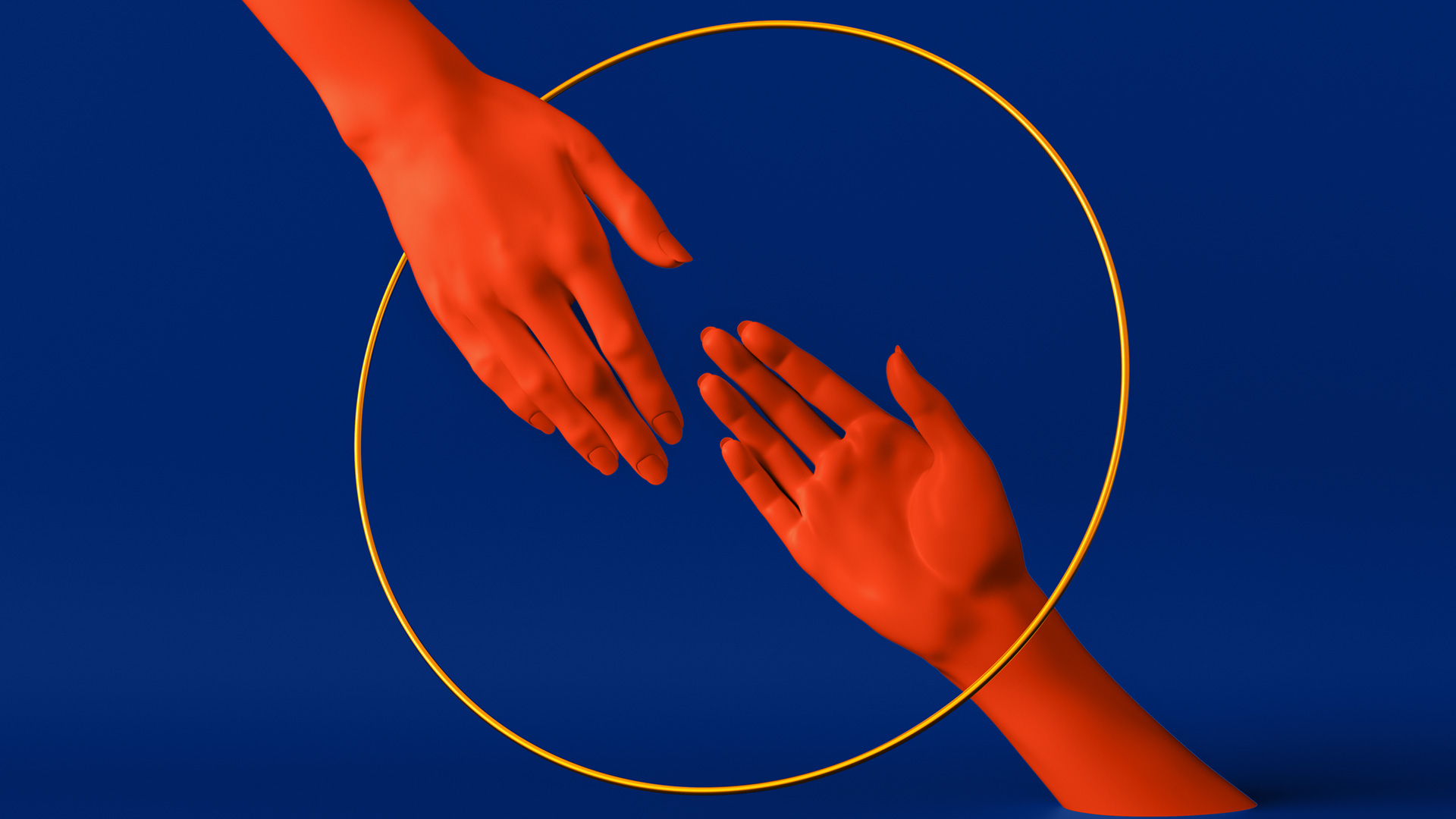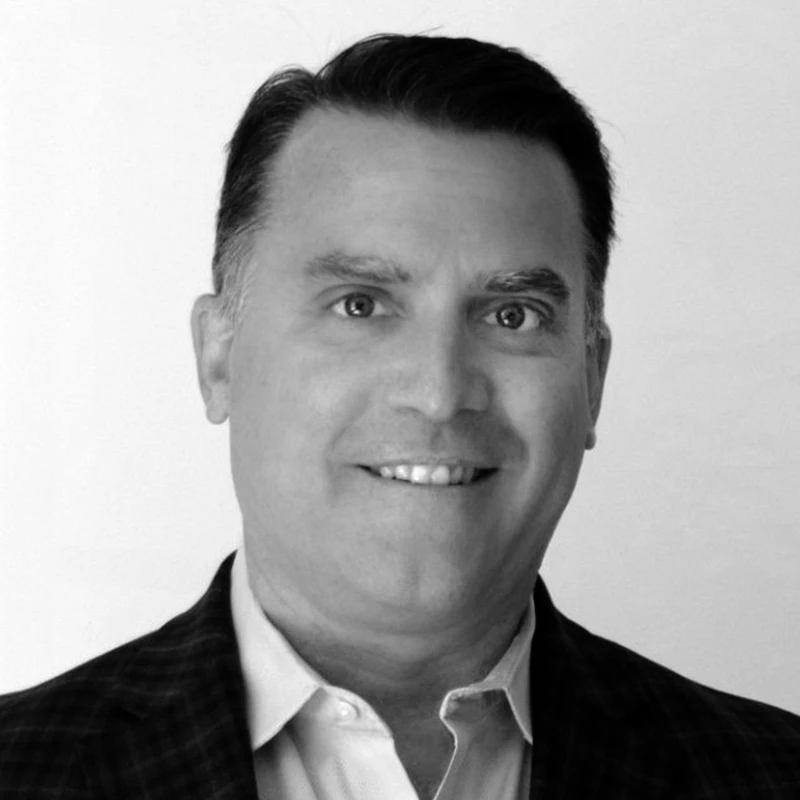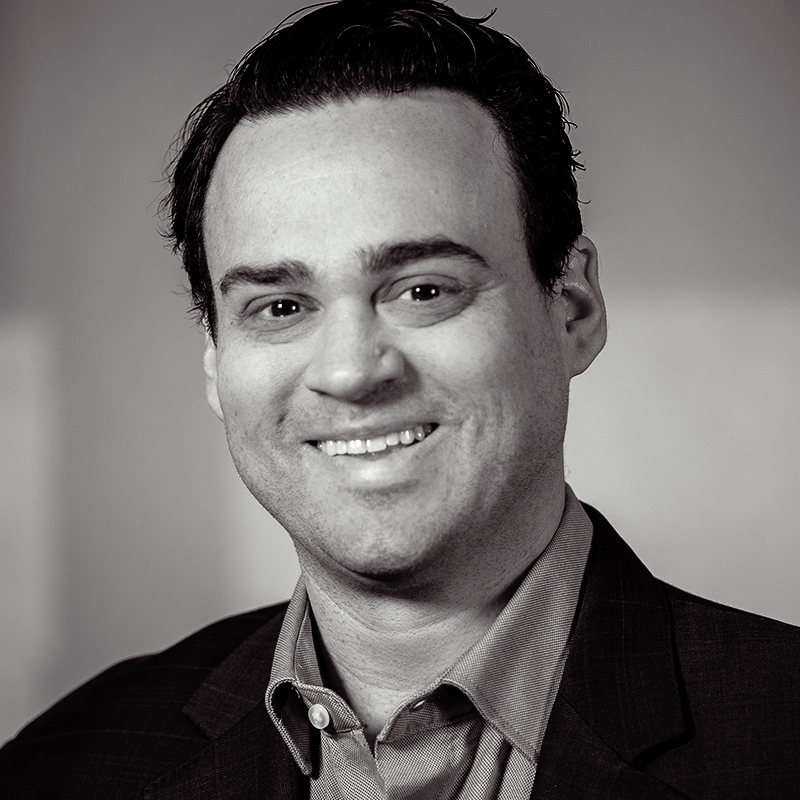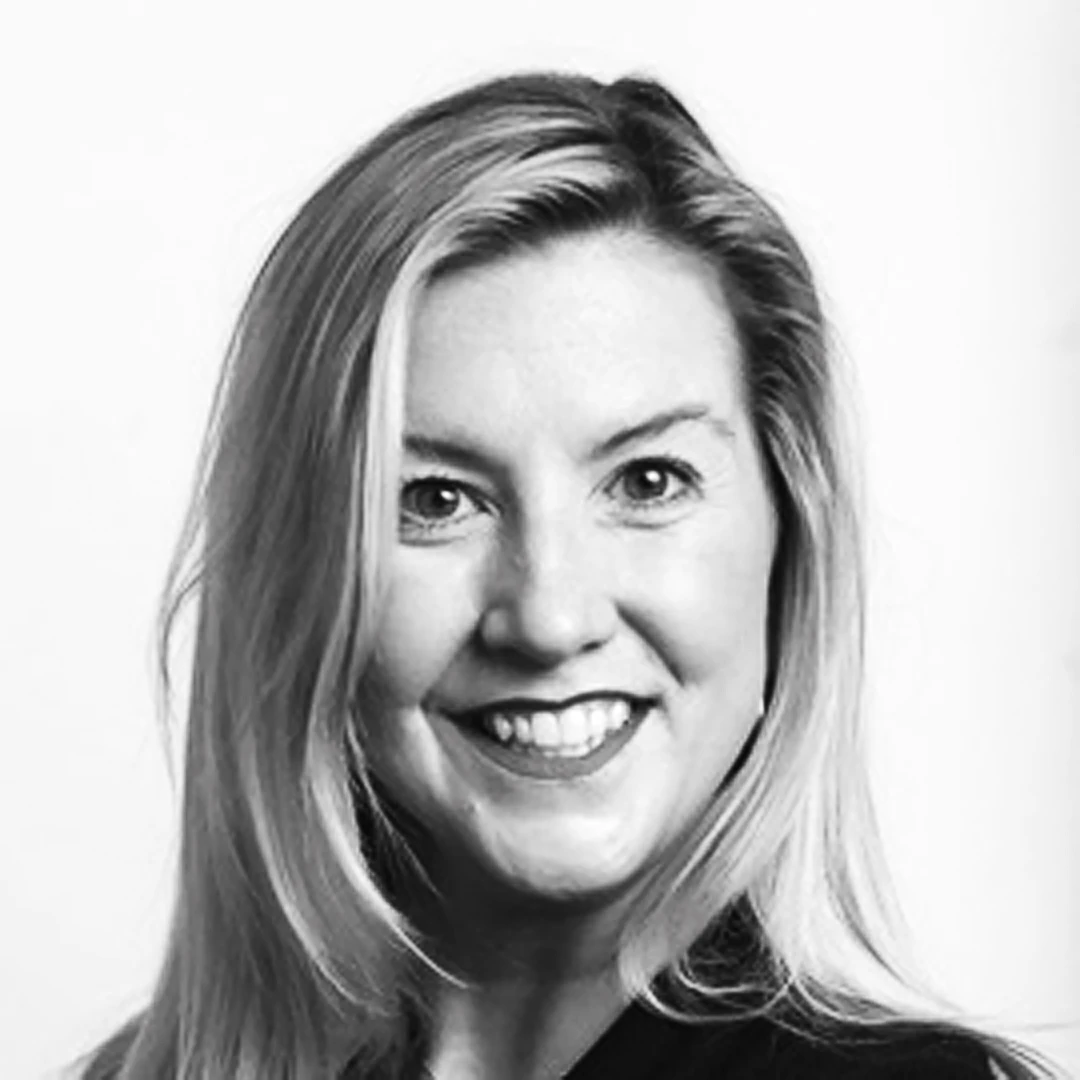Key Takeaways
- Always be prepared. Research the company and prepare a list of questions. Bring extra copies of your resume, plan your route, and arrive on time.
- Be yourself. Don't rehearse so much that you sound robotic.Use the STAR Method to tell stories that answer behavioral interview questions.
- Be extra prepared for phone interviews. Treat freelance interviews like permanent job interviews.
- Always ask follow-up questions. At the end of the conversation, ask about next steps and send a thank you note to illustrate interest and reiterate key points from the interview.
From phone interviews to thank-you notes, our Agents are a veritable one-stop-shop for how to interview better. And why not? They’ve interviewed tons of creatives and have gotten feedback from lots of creative hiring managers.
Read on to see what three of our pros, Christie Barkan, Liz McBride, and Ryanne Conway have to say about rocking your interview.
Always be prepared. Period.
All agreed that you should know a lot about the company before you walk through its front door. Christie Barkan advised, “Look into the company and their culture. Know about the industry and the trends for the past 6 months. Try to find out their goals, so you can show how your experience can help achieve them.” She suggested creating a list of questions for your interviewers based on your research (and we'll get to when to ask those in a bit).
They also agreed that if you know who you’re meeting, find them on LinkedIn. “Call it stalking in a good way,” Ryanne Conway commented. “It'll definitely let them know you've done your research. It’s also a great icebreaker.”
Bring extra copies of your resume to the interview. Having that extra copy shows you're prepared and thinking ahead – skills they’ll want you to use on their job. Plan your route carefully and prepare to be at the reception desk five minutes early. Not a half hour early, and certainly never late.
Don’t rely on the company's Wi-Fi connection to show your portfolio. If you get there and don't have that connection, you're sunk.
Rehearse less (aka don't be a robot)
Though it seems contradictory to what you’ve been told (that practice makes perfect), our agents cautioned against rehearsing too much. Ryanne advised, “If you practice too much, you run the risk of sounding like you're reading a script. Just do a couple of run-throughs.”
Christie pointed out, “When you rehearse too much, you aren't yourself. Your professional self, anyway. Interviews are about connecting with another human. You don't want to freak yourself out by trying to say the perfect thing for every interview.”
Liz added that if you do want to practice something, practice for those behavioral interviews. Be prepared to answer interview questions that start with, “Tell me about a time…” and “Give me an example of…” The best response technique for these is the STAR Method. Walk interviewers through a Situation that happened, the Task that needed to be done, the Actions you took, and, of course, the Results.
Be extra prepared for phone interviews
When we asked Liz what the difference was between phone and in-person interviews, she pointed out, “You can do phone interviews with no pants on.”
And yes, she was joking. Wear pants.
Joking aside, the biggest thing missing in a phone interview: non-verbal cues. You need to make sure the interviewer knows that you're enthusiastic and we assure you, they’re listening closely for verbal cues. Silence between their question and your answer could literally mean that you’ve hung up, so keep that in mind and respond (even if it’s with “Let me think about that one for a second.”)
Speaking of dropped calls, ALWAYS do a phone interview in a quiet place, ideally on a landline or in an amazingly great spot for cell coverage. There’s nothing worse than sharing your best story with an empty phone line.
Liz added that you should be aware a phone interview could suddenly, and shockingly, turn into a Skype interview. So make sure it's not a bad hair day.
Or a no pants one.
Treat freelance interviews like you're interviewing for a perm job
Often for shorter-term freelance opportunities, clients screen heavily for skills, but personality matters. Can you solve their problem AND can they tolerate you in the office for two weeks working with their team?
Most freelance interviews tend to have a shorter timeframe between the interview and the start of the job. And many hiring managers treat freelance interviews a lot more casually than they will perm ones. Even though they do, YOU should treat both the same.
Liz said, “Treat every interview as if it's for a full-time position. You can never tell when a freelance opportunity will turn into a permanent one. And you only get one shot at making that first impression, so make it count!”
And do creatives normally get a second interview for a freelance gig? All agreed, that rarely happens. You get one shot to make a great impression.
If you are asked back for a second round, Christie suggested, “If you're meeting new people, then treat that just as you would the first interview. If you're meeting the same people again, make sure you research the company and your interviewers even more. And don’t forget to ask for the job!”
You really MUST ask follow-up questions
Questions are usually best left to the end of the interview. And, even then, the person interviewing you often opens up the discussion. But if appropriate (or important for clarification), don’t be afraid to ask questions during an interview. It shows you’re listening and genuinely interested.
All our agents were adamant that you MUST HAVE follow-up questions.
Liz said, “Always write down 3 to 5 questions that you'd like to ask. Remember, you're interviewing them as well.” And a lack of questions most often sounds like a lack of interest. Trust us, it’s NOT flattering to say “I think you’ve covered everything.” There’s simply not a chance you “know everything” after an interview, so dig deep and find a question to ask.
Ryanne suggested asking questions such as, “‘If you had an unlimited budget, how would you spend it?' Keep in mind your target audience. You'd ask a president very different questions (long-term goals) than you would a potential co-worker (skills, programs).” She believes asking such questions shows the interviewer that you're engaged for the long run, not just in it for a paycheck.
Other great questions include, “What do YOU like about working here?” or “You have an interesting background on LinkedIn. What brought you here?”
When the interview is over, always ask what the next steps are. If you don’t, your interviewer likely thinks you’re not concerned with what’s next (and we’re pretty sure you are).
Send a thank you note (and make your mother proud)
Thank you notes are an essential part of the interview process.
“You want to show them that you're interested in the opportunity. It's also a great way to illustrate to them why you're the best person for the job and to reiterate what was said in the interview,” says Christie.
Even if you and the interviewer discover during the interview that this isn't the right position for you, still send a note. Ryanne commented, “They may have future opportunities; why not let them know you're open to those? Opportunity CAN indeed knock twice.” Also, if you wow them, they’re likely to recommend you to colleagues for other opportunities you don’t even know about yet.
Oh, and sending a Thank You means that you'll need the interviewer’s contact info, so ask for it. If you forget, find them on LinkedIn and send a message that way.
Above all, be honest, be yourself
“Be yourself in an interview,” Christie said. “Keep in mind you're talking to another person, someone who has been on the other side of the desk, being interviewed. Be honest, and don't bluff. If you don't know an answer, tell them you'll find out.'” Dishonesty is a huge red flag for interviewers.
Christie added, “For creatives, it's a big city, and a small town. Everyone knows everyone, and you don’t want to risk your reputation by lying in an interview.”
When we asked Liz if she had any other advice, she added, “Don't eat yellow snow.”
We could have told you that.
Additional Resources
Did you find the interview tips and strategies in this article helpful? Learn more expert tips from our team of recruiters by visiting these resources:
- Best interviewing tips from our team of expert recruiters.
- Discover a new strategy to answer the question, “What is your greatest achievement?”
- Or, discover new ways to answer the intimidating question, “What is your greatest weakness?”
- Consider the importance of creating a great designer LinkedIn profile.
- Use our guide to answer the question: “What does the brand mean to you.”
- Job hunting is difficult. Check out our guide to how to apply online, and actually get a job.
- Need a list of free portfolio websites? We've got your covered.
Latest.

What makes challenger banks so popular and powerful today?
Consulting & Operations, Innovation & Emerging Tech, Marketing & Analytics, Financial Services
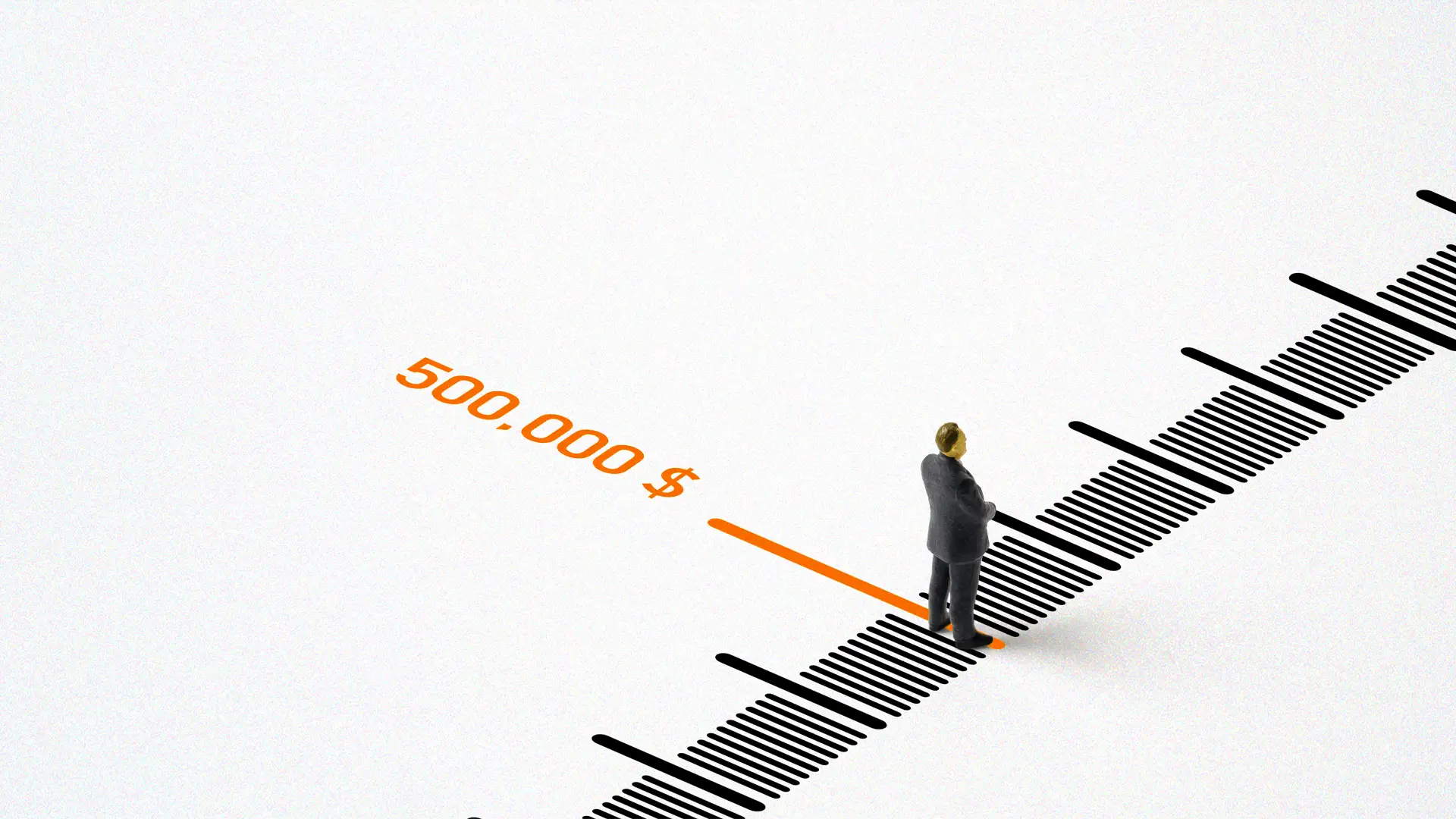
Budget planning for 2026: A guide for university CMOs.
Leadership & Management, Consulting & Operations, Marketing & Analytics, Government & Nonprofit, Higher Education
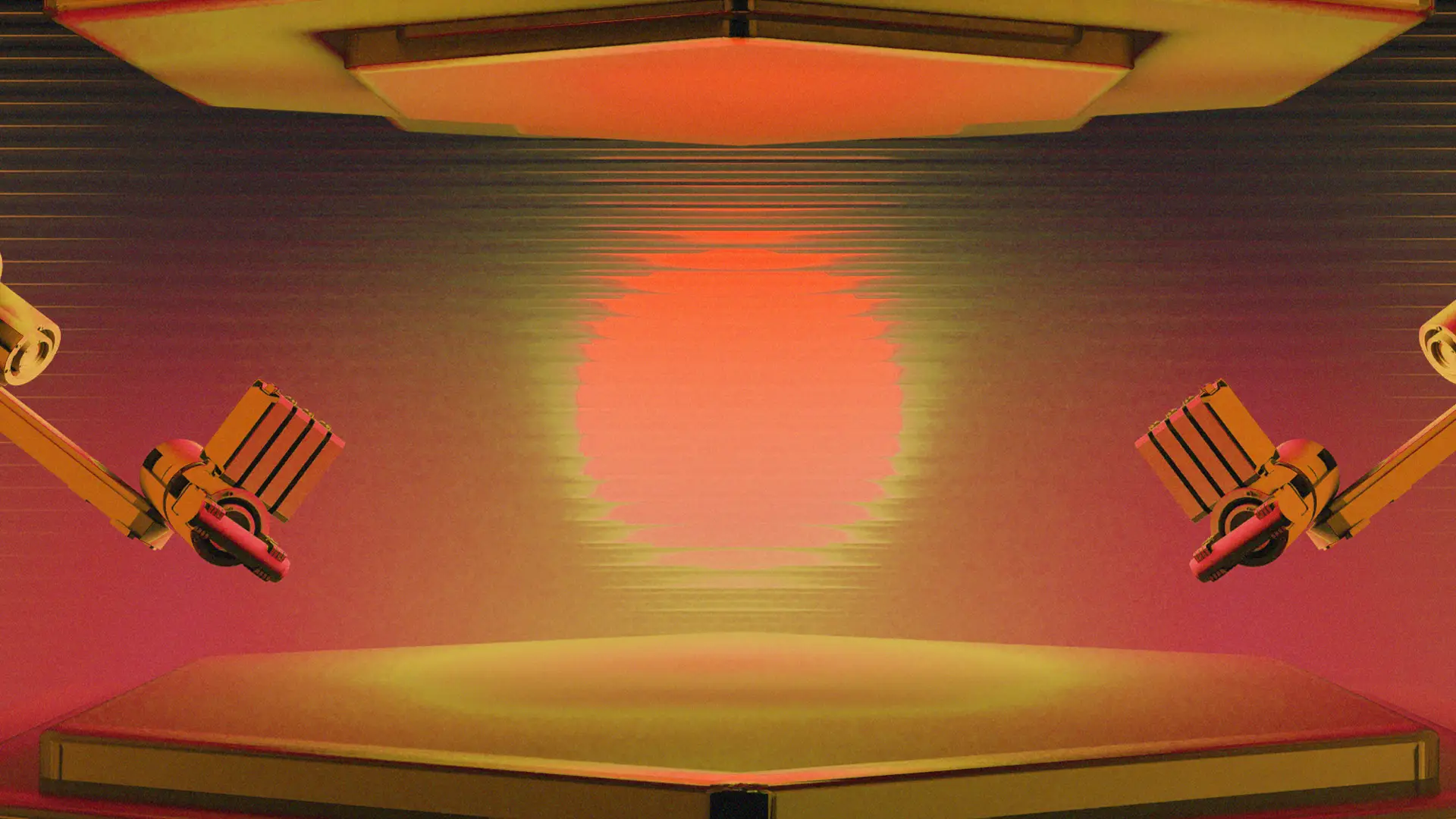
How smart manufacturing is redefining American industry.
Consulting & Operations, Engineering & Technology, Experience & Product, Innovation & Emerging Tech, Industrials, Technology
